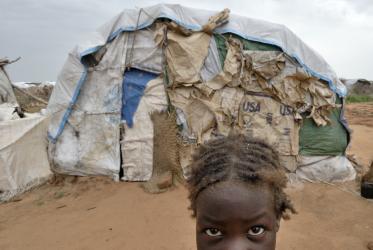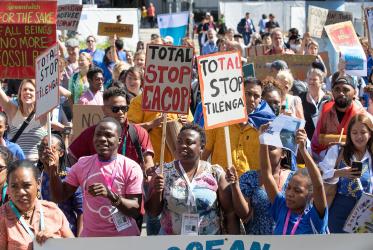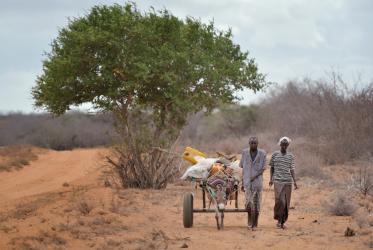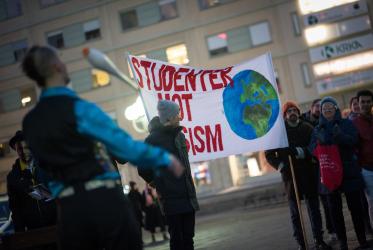Displaying 1 - 20 of 46
Appelés à la Transformation - Diaconie oecuménique
24 June 2023
WCC Eco-School for Europe and North America region
11 - 18 November 2023
Orthodox Academy of Crete, Greece
Webinar: International Day for the Elimination of Racial Discrimination “Obstacles, Opportunities and Strategies!”
25 April 2023
https://us02web.zoom.us/webinar/register/WN_RhjAAuPwRvqYhi3LwzciLg
Churches respond to Malawi cyclone disaster
29 March 2023
HIV and AIDS Civil Society Networks and the Faith Sector
Lessons Learnt from Strategic Engagement in India, Dominican Republic, Indonesia, and Jamaica
31 January 2023
Répondre aux besoins humanitaires en Ukraine
27 September 2022
Ukraine: Responding to humanitarian need
08 September 2022















